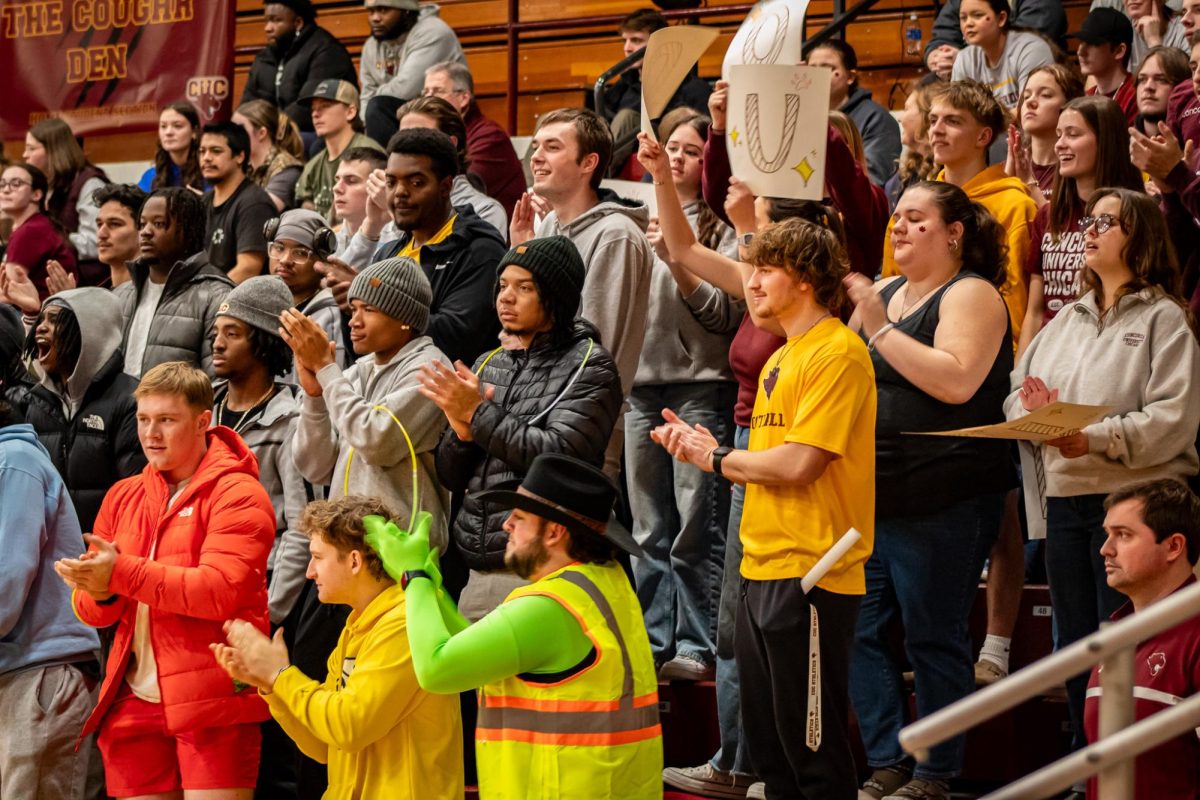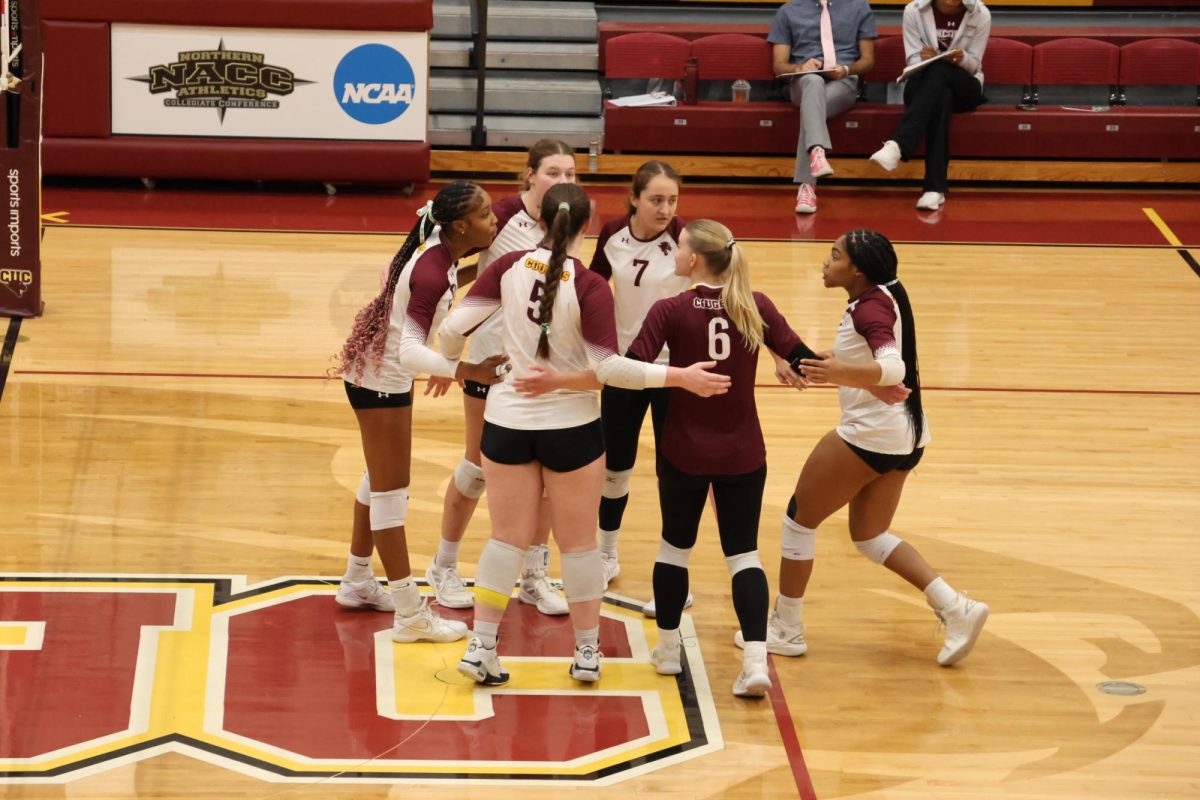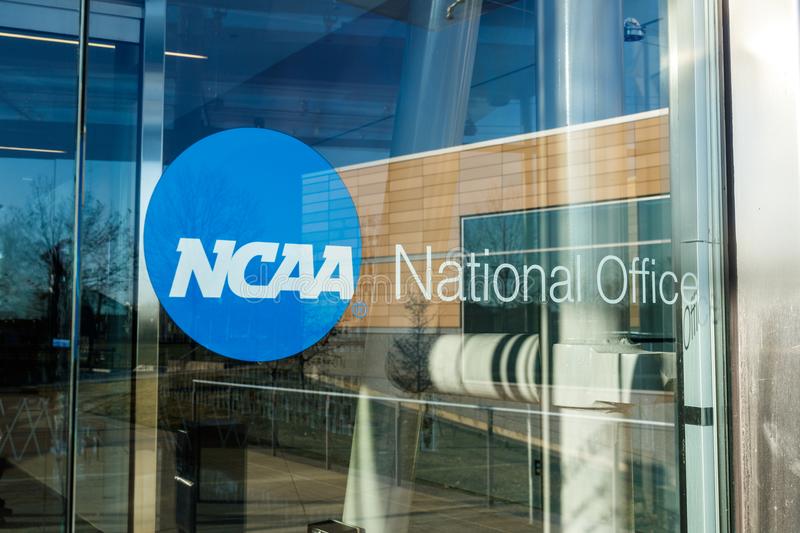By Daniel Hasko
Every kid that grows up playing sports has that one player that they aspire to be like one day. Young athletes integrate the flare of their favorite stars into all dimensions of their personas. Whether it be the kid that yells “Kobe!” while throwing that empty milk carton into the garbage can across the lunch room or the shortstop that tries to imitate Derek Jeter’s trademark on-the-run leaping throws across the diamond, young students of sports have a dream that someday they will have a trademark of their own. Unfortunately, the odds are against them. To be realistic…well, the dream is not realistic at all. According to NCAA.com, of the nearly 8 million athletes that participate in high school athletics, only 460,000 will go on to compete COLLEGIATELY at an NCAA school – that is less than six percent. And of the lucky few that are talented enough to take their game to the collegiate level, only a tiny percent of that number will actually make their professional dreams come true. The four major American sports (Baseball, basketball, football, and hockey) all draft less than nine percent of the collegiate athletes within their sport. For those wishing to make it to the big stage in men’s basketball or football, they only draft 1.2% and 1.6% respectively.
While these numbers may be discouraging, by no means does this mean that youth athletes should hang up their cleats. Even if playing sports does not translate into a seven-figure salary and celebrity status, athletics offer a pretty good return on the investment of time that athletes put into mastering their craft. Athletes feature strengths in the area of teamwork, fitness, and problem-solving – just to name a few.
Being able to achieve goals in a team environment gives athletes the skills they will need to work alongside others in their future place of employment. The ability to recognize strengths and weaknesses, communicate efficiently, and hold people accountable are all valuable skills that athletes bring to the workforce. Problem solving in sports also builds a foundation for being successful in the professional world. Having the ability to create solutions and be a leader within a team or organization makes for an irreplaceable employee.
From a health perspective, athletes are less likely to be overweight and usually have health habits that are in line with their athletic goals. This lifestyle can increase self-confidence and lead to a more productive attitude as one is not limited by their health. In addition, being healthy simply leads to a happier life.

If all of that is still not enough reason for youth to stay committed to athletics, here is one last thought: PLAY FOR THE LOVE OF THE GAME. Having the opportunity to compete in structured athletics is a beautiful thing. The comradery of a baseball dugout, the thrill of a big hit, the sensation of a buzzer beater, or the feeling of skating on fresh ice are feelings that simply cannot be recreated. While you will not be able to play sports forever, the memories created during your time competing in structured athletics will last a lifetime. Play for the atmosphere, play for the valuable skills you will acquire, and play for the love of the game.






























